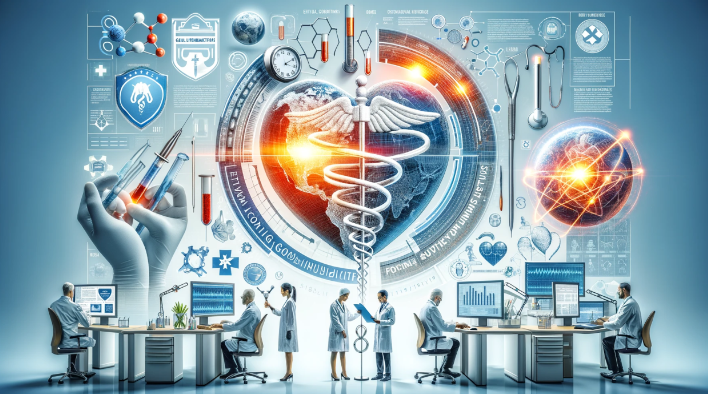Welcome to the realm of precision and accuracy, where calibration services play a pivotal role in ensuring the reliability of measurement instruments and equipment. Calibration services involve the meticulous process of comparing the accuracy of a device’s measurements to a known standard to determine any deviations and make necessary adjustments. From laboratory equipment to industrial machinery, calibration services are essential across various sectors to maintain quality, compliance, and performance.
Understanding the Importance of Calibration Services
Calibration services are critical for several reasons:
- Accuracy: Calibration ensures that measurement instruments provide accurate and precise readings, which is crucial for reliable data collection and analysis.
- Compliance: Many industries have regulations and standards that require calibration to ensure that equipment meets specific accuracy requirements and maintains compliance.
- Quality Assurance: Calibration is essential for maintaining the quality and consistency of products and services, ensuring customer satisfaction and trust.
- Safety: Calibrated equipment reduces the risk of errors and malfunctions, enhancing workplace safety and reducing the likelihood of accidents or injuries.
- Cost Savings: Regular calibration prevents costly errors, downtime, and product defects, ultimately saving businesses money in the long run.
The Process of Calibration Services
The calibration services process typically involves the following steps:
- Equipment Inspection: Assess the condition of the equipment to ensure it is clean, undamaged, and suitable for calibration.
- Calibration Procedure: Perform calibration tests using calibrated reference standards to compare the accuracy of the equipment’s measurements.
- Adjustment: If discrepancies are found, make necessary adjustments to the equipment to bring it into alignment with the reference standards.
- Documentation: Document the calibration process, including the date, technician’s name, equipment used, adjustments made, and calibration results.
- Validation: Validate the calibration results to ensure that the equipment meets the required accuracy and reliability standards.
- Certification: Issue a calibration certificate or report documenting the calibration process and the equipment’s compliance with standards.
Benefits of Calibration Services
Calibration services offer numerous benefits for businesses and organizations:
- Quality Assurance: Ensures that measurement instruments and equipment provide accurate and reliable results, maintaining product quality and customer satisfaction.
- Regulatory Compliance: Helps businesses comply with industry regulations and standards, avoiding fines, penalties, and legal liabilities.
- Cost Savings: Prevents costly errors, downtime, and product defects, ultimately saving money and improving efficiency.
- Reliability: Calibrated equipment is more reliable and consistent, reducing the risk of errors, failures, and safety hazards.
- Longevity: Regular calibration extends the lifespan of equipment, maximizing its performance and value over time.
Applications of Calibration Services
Calibration services are applicable across various industries and sectors:
- Manufacturing
- Healthcare
- Aerospace
- Automotive
- Energy and Utilities
- Environmental Monitoring
- And many more…
Conclusion
Calibration services are the cornerstone of precision and accuracy in measurement. By ensuring that measurement instruments and equipment provide reliable and consistent results, calibration services play a vital role in quality control, compliance, and customer satisfaction across various industries. Trust in calibration services to perfect precision and elevate your organization’s performance to new heights of excellence.
Perfect precision with calibration services. Unlock reliability, compliance, and excellence in measurement.

